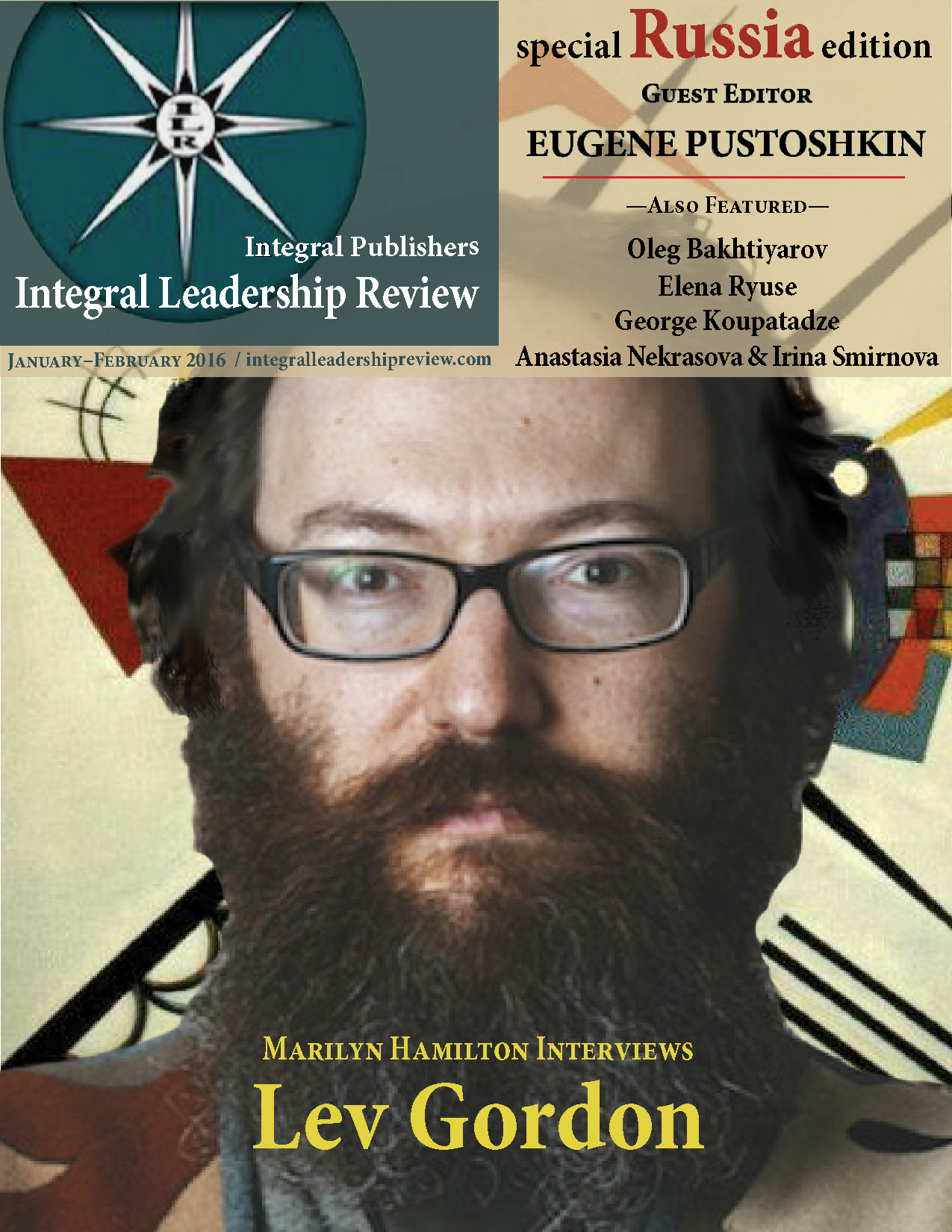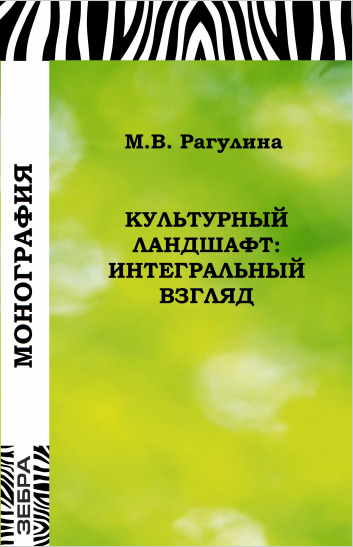Milana Ragulina
Translated from Russian by Eugene Pustoshkin
In this essay I want to discuss several specific questions that are important for me as a scholar-researcher who wants to continue applying the integral methodology in my own work.
The first question is related to the specificity of Siberia—a region which is non-homologous and full of contrasts in terms of its nature and culture—and its being a premise for efficiency of applying Integral Theory. One could draw inspiration from Russian polyculturality …



 …
…